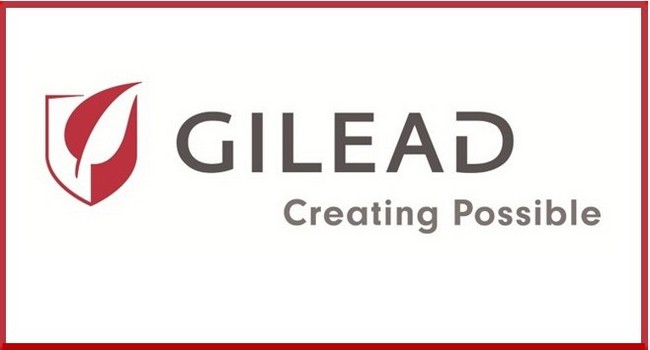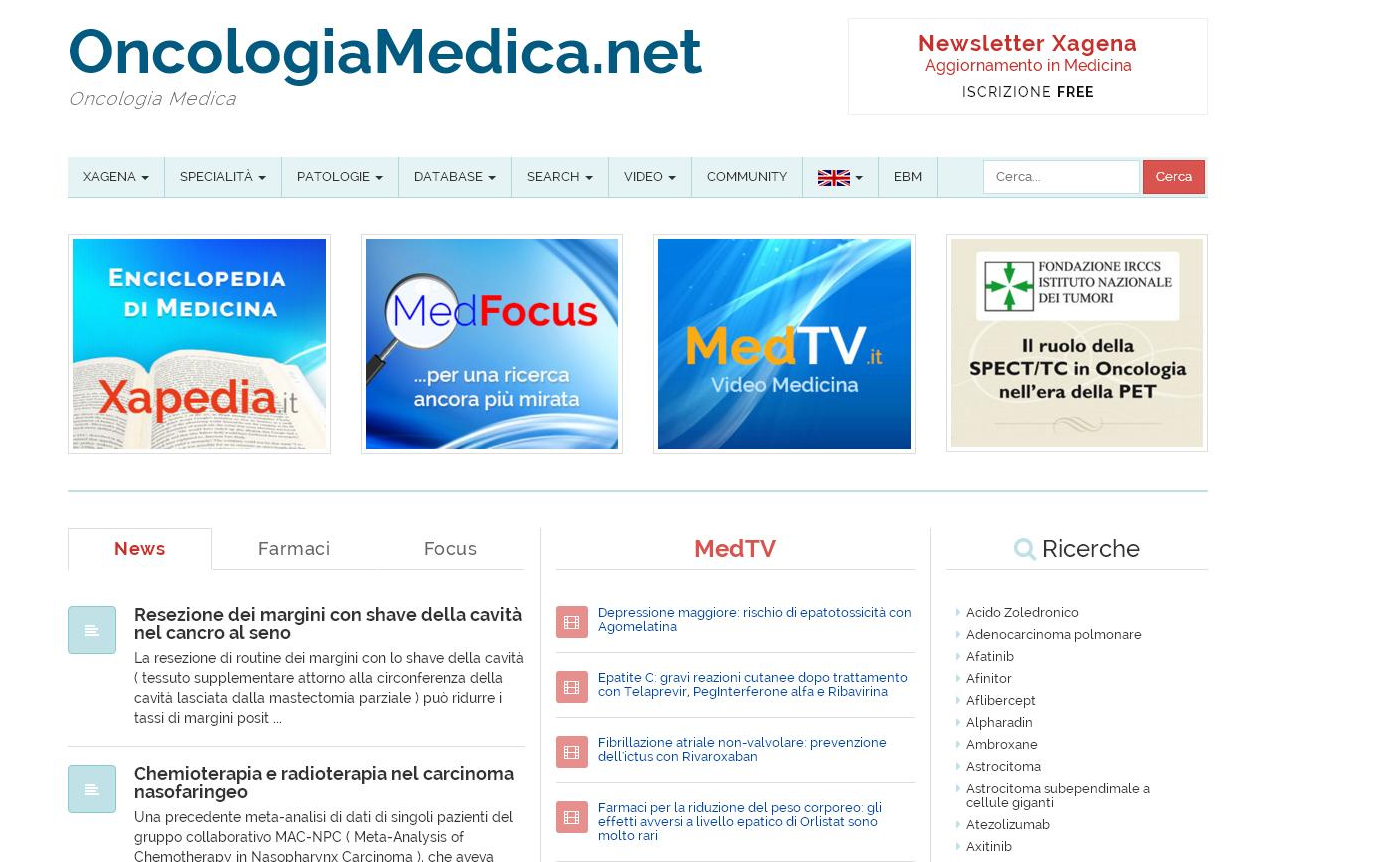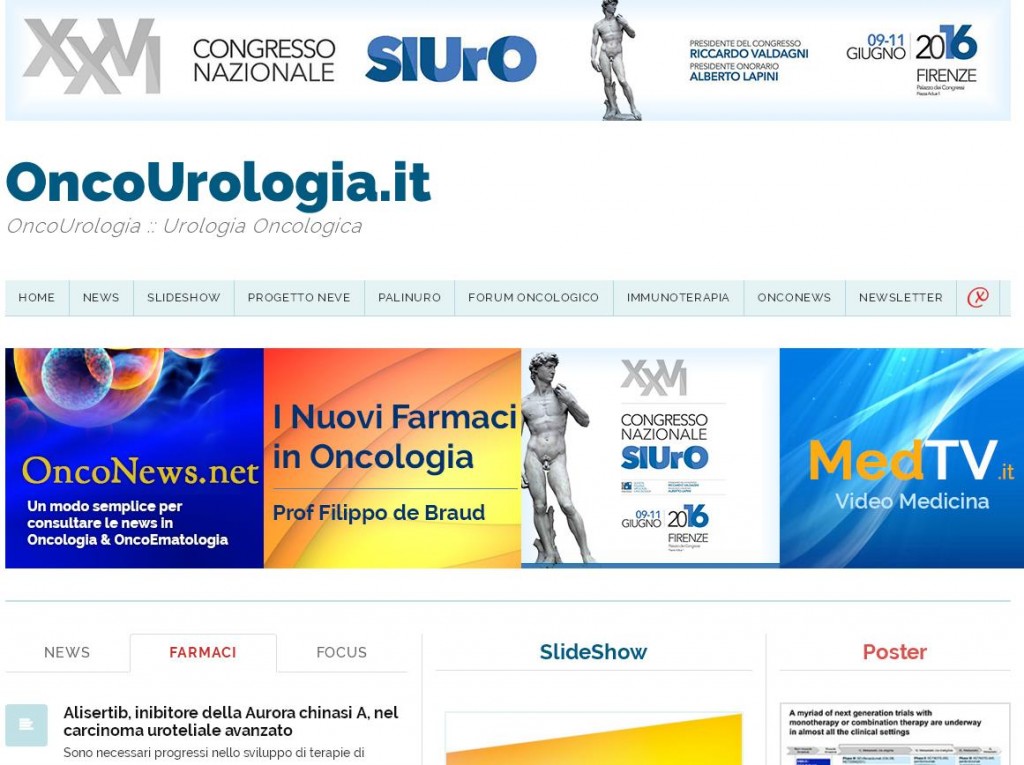Key Update in Oncologia & OncoEmatologia di Gilead

Le vendite dei prodotti Cell Therapy sono aumentate del 64% a 448 milioni di dollari nel primo trimestre del 2023 rispetto allo stesso periodo del 2022.
• Le vendite di Yescarta ( Axicabtagene ciloleucel ) sono aumentate del 70% a 359 milioni di dollari nel primo trimestre del 2023, trainate principalmente dall’aumento della domanda di linfoma a grandi cellule B recidivato o refrattario ( “R/R” ) ( “LBCL” ).
• Le vendite di Tecartus ( Brexucabtagene autoleucel ) sono aumentate del 40% a 89 milioni di dollari nel primo trimestre del 2023, trainate principalmente dall’aumento della domanda di linfoma mantellare R/R e leucemia linfoblastica acuta dell’adulto R/R ( “ALL” ).
Le vendite di Trodelvy ( Sacituzumab govitecan ) sono aumentate del 52% a 222 milioni di dollari nel primo trimestre del 2023 rispetto allo stesso periodo del 2022, trainate principalmente dall’aumento dell’adozione nel carcinoma mammario triplo negativo metastatico negli Stati Uniti e in Europa, nonché dal lancio dell’indicazione per carcinoma mammario metastatico HR+/HER2- pretrattato negli Stati Uniti.
Aggiornamenti chiave in Oncologia
• Approvazione della FDA per Trodelvy per il trattamento dei pazienti adulti con carcinoma mammario non-resecabile localmente avanzato o metastatico HR+/HER2- che hanno ricevuto terapia a base endocrina e almeno due terapie sistemiche aggiuntive nel setting metastatico;
• Presentati i risultati positivi di un’analisi di follow-up a 3 anni di Tecartus nello studio di fase 2 ZUMA-3 su pazienti con leucemia linfoblastica acuta R/R all’European CAR T-cell Meeting;
• Presentati i dati positivi dello studio di fase 2 TROPHY-U-01 di Trodelvy per il trattamento del carcinoma uroteliale metastatico al Simposio sui tumori genitourinari dell’American Society of Clinical Oncology ( ASCO );
• Completata l’acquisizione di Tmunity, una società biotecnologica privata in fase clinica, che fornisce programmi preclinici e clinici, inclusa una piattaforma tecnologica CAR T che può essere applicata a una varietà di CAR T per migliorare l’attività antitumorale, nonché processi di produzione rapidi;
• Annunciati i risultati della sopravvivenza globale primaria dello studio di fase 3 ZUMA-7 per il trattamento iniziale dei pazienti adulti con linfoma a grandi cellule B R/R, che ha mostrato un miglioramento statisticamente significativo per Yescarta nella sopravvivenza globale rispetto al trattamento precedente.
Fonte: Gilead, 2023
–
ENGLISH VERSION
Cell Therapy product sales increased 64% to $448 million in the first quarter of 2023 compared to the same period in 2022.
• Yescarta ( Axicabtagene ciloleucel ) sales increased 70% to $359 million in the first quarter of 2023, primarily driven by increased demand in relapsed or refractory ( “R/R” ) large B-cell lymphoma ( “LBCL” ).
• Tecartus ( Brexucabtagene autoleucel ) sales increased 40% to $89 million in the first quarter of 2023, primarily driven by increased demand in R/R mantle cell lymphoma and R/R adult acute lymphoblastic leukemia ( “ALL” ).
Trodelvy sales increased by 52% to $222 million in the first quarter of 2023 compared to the same period in 2022, primarily driven by increased adoption in metastatic triple-negative breast cancer in the United States and Europe, as well as the launch of the indication for pretreated HR+/HER2- metastatic breast cancer in the United States.
Key Updates in Oncology
• Received FDA approval of Trodelvy for the treatment of adult patients with unresectable locally advanced or metastatic HR+/HER2- breast cancer who have received endocrine-based therapy and at least two additional systemic therapies in the metastatic setting;
• Presented positive results from a three-year follow-up analysis of Tecartus in the phase 2 ZUMA-3 study of patients with R/R ALL at the European CAR T-cell Meeting;
• Presented positive data from the phase 2 TROPHY-U-01 study of Trodelvy for the treatment of metastatic urothelial cancer at the American Society of Clinical Oncology Genitourinary Cancers Symposium;
• Completed the acquisition of Tmunity, a clinical stage private biotech company, which provides preclinical and clinical programs, including an investigational “armored” CAR T technology platform that has the potential to be applied to a variety of CAR Ts to enhance anti-tumor activity, as well as rapid manufacturing processes;
• Announced primary overall survival results from the phase 3 ZUMA-7 study for initial treatment of adult patients with R/R LBCL, which has shown a statistically significant improvement for Yescarta in overall survival versus historical treatment.
Source: Gilead, 2023
–
Xagena in Oncologia
MelanomaOnline.net | OncoGinecologia.net | OncoImmunoterapia.net | OncologiaMedica.net | OncologiaOnline.net | TumoriOnline.net | TumoriRari.net



